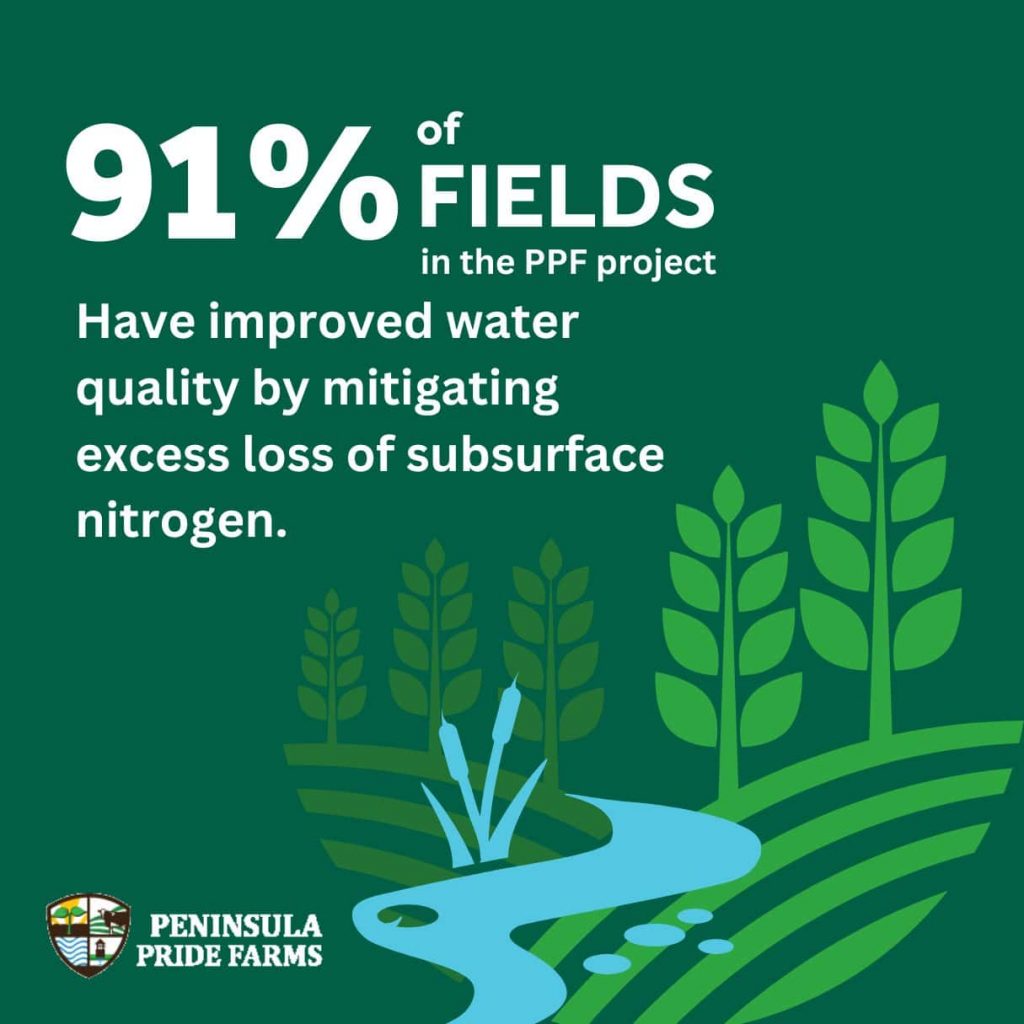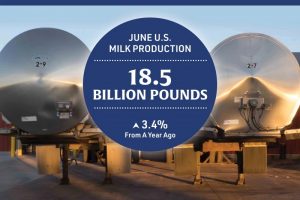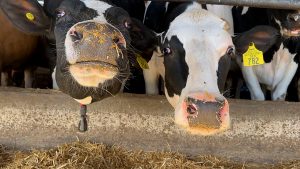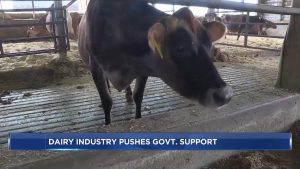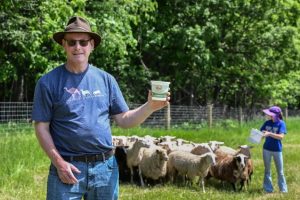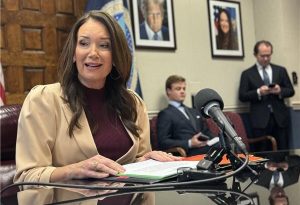
Encouraging results from a three-year on-farm sustainability project show that implementation of conservation practices can have a lasting impact on the natural resources of the farm and surrounding areas. Most notable was that 91% of fields in the project have improved water quality by mitigating excess loss of subsurface nitrogen.
The multi-farm project in Kewaunee and Door counties analyzed 5,400 acres to demonstrate the impact conservation practices can have on both natural resources and the overall farm productivity. The project includes members from Peninsula Pride Farms, a farmer-led conservation group committed to protecting, nurturing and sustaining our precious soil, water, and air.
The project evaluated on-farm, nationally accepted sustainability metrics from Field to Market’s: The Alliance for Sustainable Agriculture’s Fieldprint Platform® to better understand the impact of conservation practices on cropland. The project also uses a tool called Prioritize, Target and Measure Application for measuring the impact on local resources. The three-year findings, based on 2020-2022 data, is detailed in a 19-page report available online at farmersforsustainablefood.com/projects.
Each project participant receives their individual farm report, before the aggregate report is released, to evaluate how their fields are performing using some of Field to Market’s sustainability metrics: Biodiversity, energy use, greenhouse gas emissions, land use efficiency, soil carbon, soil conservation and water quality. This report provides the foundation for individual farms to meet their individual sustainability goals.
The northeast Wisconsin project is one of several projects following a nationally recognized framework [available online at farmersforsusutainablefood.com/resources] for sustainability projects shared by Farmers for Sustainable Food and its partners. FSF is an industry-supported nonprofit that promotes and supports farmer-led solutions to today’s environmental challenges. The Nature Conservancy, a global environmental nonprofit, also provides project support through funding and environmental insights.
“We had areas within our watershed where we believed improved nutrient management practices could be implemented. This project helps provide the data to show us that the increasing use of conservation practices we and other farmers have adopted, can impact the groundwater resources,” said dairy farmer Duane Ducat, a project participant and PPF president.
Data drives farm-level decisions
PPF farmers have been experimenting with a variety of practices on their farm fields to improve the soil and protect surface water and groundwater for several years. The adoption of these conservation practices is a continuous journey for Nick Guilette.
Guilette is invested in the PPF project because it focuses on important aspects of sustainability. He is using the individual farm reports to implement changes on both his family’s fourth-generation farm, Guilette Farms, and for his employer, Ebert Enterprises. He believes the project results help him make more informed crop management decisions.
As a Certified Crop Advisor at Ebert Enterprises, Guilette directly enters the farm’s crop information into Fieldprint Platform. Through this program, he can explore best management practice scenarios to model change outcomes before considering next year’s planting season. Being able to see potential outcomes based on management changes keeps the conservation needle moving forward using data to back up their decisions.
“An advantage we have is comparing metrics, not only with our peers but also against state and national benchmarks,” Guilette said. “Our individual report helped identify how intense the energy demand of nitrogen is. We are now working to find ways to use nitrogen more efficiently, like planting legume-based cover crops that could provide a nitrogen source to crops like wheat or corn.”
Continued environmental progress
One key finding was discovered by collecting and analyzing environmental information on the project farms’ footprint. The project farms showed an average energy use of 166,432 btu per ton of corn silage, which is 47% lower (better) than the national indicator.
Since 2018, PPF has grown to more than 50 farm members and has dedicated 154,000 acres to best management practices. These acres are captured through a member conservation practice survey to measure practices such as cover crops, no-tillage, reduced tillage and nutrient management. Data collected for the three-year report represents that these practices have reduced sediment, phosphorus and nitrogen losses from fields’ edges.
“The farmers involved are showing true leadership in both the adoption of conservation practices and the documentation of those efforts to understand the environmental impact,” said Lauren Brey, managing director of FSF. “It is exciting to quantify the progress they have made as a group and inspiring to see their dedication to continuous improvement. We look forward to expanding this farmer-led effort with our project funded through USDA’s Partnership for Climate Smart Commodities grant.”
Steve Richter, TNC’s director of agriculture strategies in Wisconsin, acknowledged most food and beverage companies have to work directly with their farmer producers to impact positive environmental change.
“Collecting data to inventory what is happening on PPF member farms is a critical first step. I applaud PPF members for investing in a data collection system. It’s foundational to achieving accurate emissions inventories,” Richter said. “I look forward to the day farmers with such data can secure financial incentives recognizing their efforts to use conservation practices.”
The project is also supported financially by Agropur, Cargill, Compeer Financial’s Fund for Rural America, Dairy Farmers of Wisconsin, the Green Bay Packers Foundation, GreenStone Farm Credit Services, Nicolet National Bank, the Innovation Center for U.S. Dairy and Professional Dairy Producers Foundation.
Documents
PPF sustainability project 3-year report
Framework for Farm-Level Sustainability Projects
Images:
PPF water quality graphic
Duane Ducat headshot
Farmers for Sustainable Food logo
Video:
About Farmers for Sustainable Food:
Farmers for Sustainable Food is a collaborative, industry-supported effort to promote and support farmer-led solutions to today’s environmental challenges. The nonprofit organization empowers farmers to develop and implement practical, innovative solutions for environmental, economic and social good. More information: www.FarmersForSustainableFood.com
About Peninsula Pride Farms:
Peninsula Pride Farms is a nonprofit organization of dairy and crop farmers and corporate members committed to protecting and improving ground and surface water in Kewaunee and southern Door counties in Wisconsin. The group leverages the ingenuity of the agricultural community, university research and scientists to implement practices with measurable outcomes. More information: peninsulapridefarms.org
